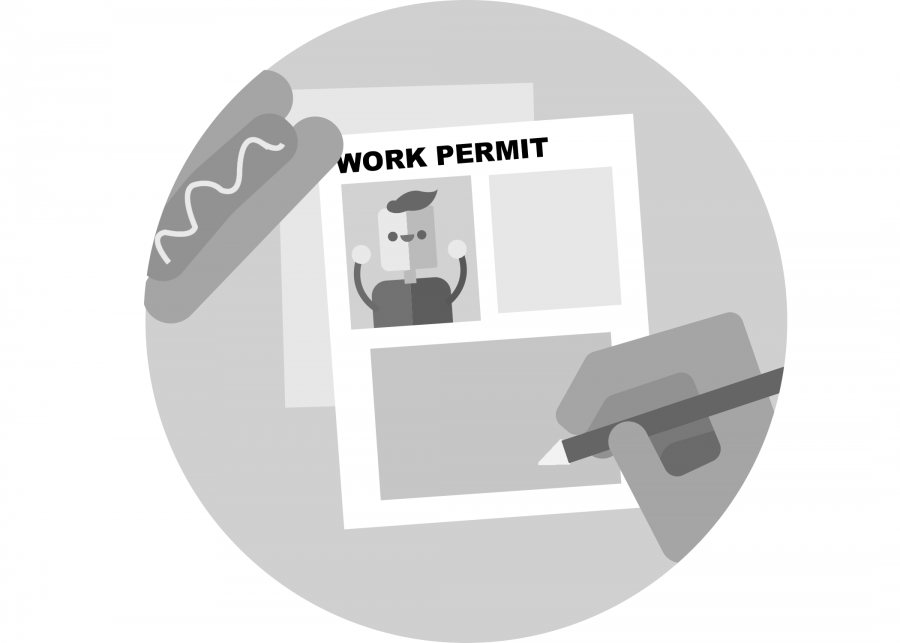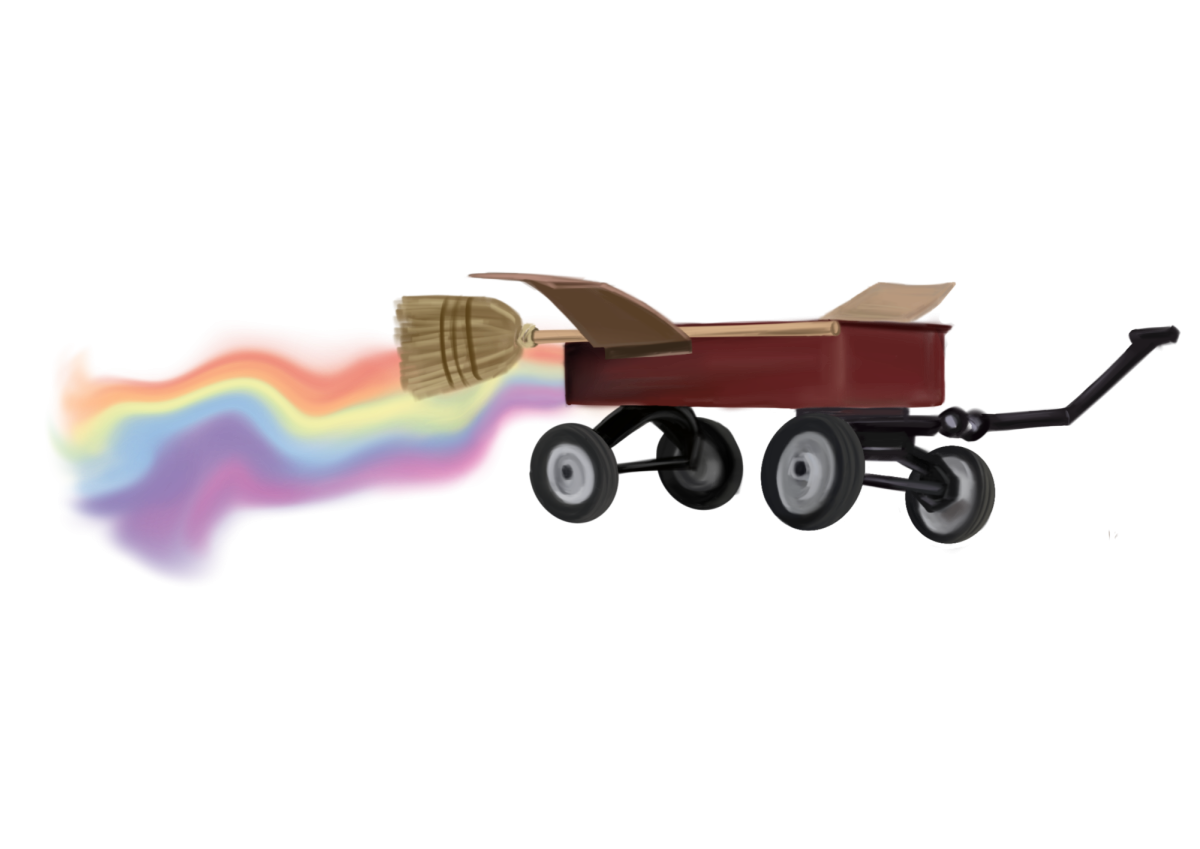Compiled by Amanda Lee
The Oracle: What kind of laws protect student workers?
Meri Gyves: We have labor laws for minors and children under the age of 18. They were established in the 1930s. California has very strict laws to protect children from working too many hours. You must have a break, and you must be paid minimum wage. For meal breaks, you must have 30 minutes if you work more than five hours and get a 10-minute break for every three hours.
TO: What specifically is the law trying to protect workers for? e number of hours? e kind of work?
MG: They’re protecting children for safety reasons and rest. Young children can’t work after a certain amount of hours and they are allotted breaks by law. And if you are 14 or 15, you can only work three hours a day, and 18 hours a week during the school year. If you are 16 or 17, you can only work four hours a day, up to 28 hours a week; if you are in a Work Experience or Work Study class, then your permit would say eight hours a day, 40 hours a week. We don’t want kids to work that long because school comes first, but they are allowed to work over that four hour limit if you are in a work program.
TO: How do you get a work permit?
MG: The first process is you have to be told you’re hired. Then you come in and get a Work Permit request form. You can download a work permit from the Palo Alto website or take one from the Work Experience office, which is in room E-3. You have to put your full Social Security number on the form. You fill out the top part of it, the employer fills out the middle part and signs it and the parents sign it. You have to put your full phone on the form, not your cell phone number. I get them all the time that aren’t filled out correctly or the handwriting is not discernible. If their Social Security is imported incorrectly, that’s the way it is for your first job, and that’s the way it goes into the Social Security system. It’s important that you write as clearly and legibly as possible.
TO: Do you think many students understand that they have these rights?
MG: Some students don’t know they have these rights, and some employers don’t understand the importance of the need for the rights for students and the importance of having a work permit. Some employers hire students without a work permit, leading to working students over hours, working them too late, and/or working them alone in an establishment, and that’s not safe. They’re closing up at night with nobody there except the student, and I think that’s very dangerous for potential robbery. Students should be protected by an adult employer. Anyone who owns an establishment should always have an adult there at night and not have somebody under 18 working alone.
TO: What steps should students take for resolving issues like this?
MG: I feel the best policy is to be in a Work Experience program where you have a teacher being diplomatic and handling any problems between the employer and employee that may arise in the workplace and handling any labor law related questions. Often, it’s better to have somebody who’s qualified to do that, like the Work Experience teacher. I feel the most important aspect when you begin working is that you get a work permit. at makes everyone legal.
TO: What kind of resources does the work experience office have?
MG: We have a file and Naviance has summer jobs. If you’re in the Work Experience class, I do help students find jobs. But the Job Fair, which is March 8 on the Quad at lunch, is when employers are here and students can get great summer and volunteer jobs. Another important thing that students don’t understand is community service. There’s a misconception that you need a 100 hours to graduate from high school, which is against the law. You cannot require a 100 hours to graduate from a public high school. Living Skills can require 15 hours of community service because it’s connected to a class, but there’s no requirement for community service hours to graduate from any public high school at all.












